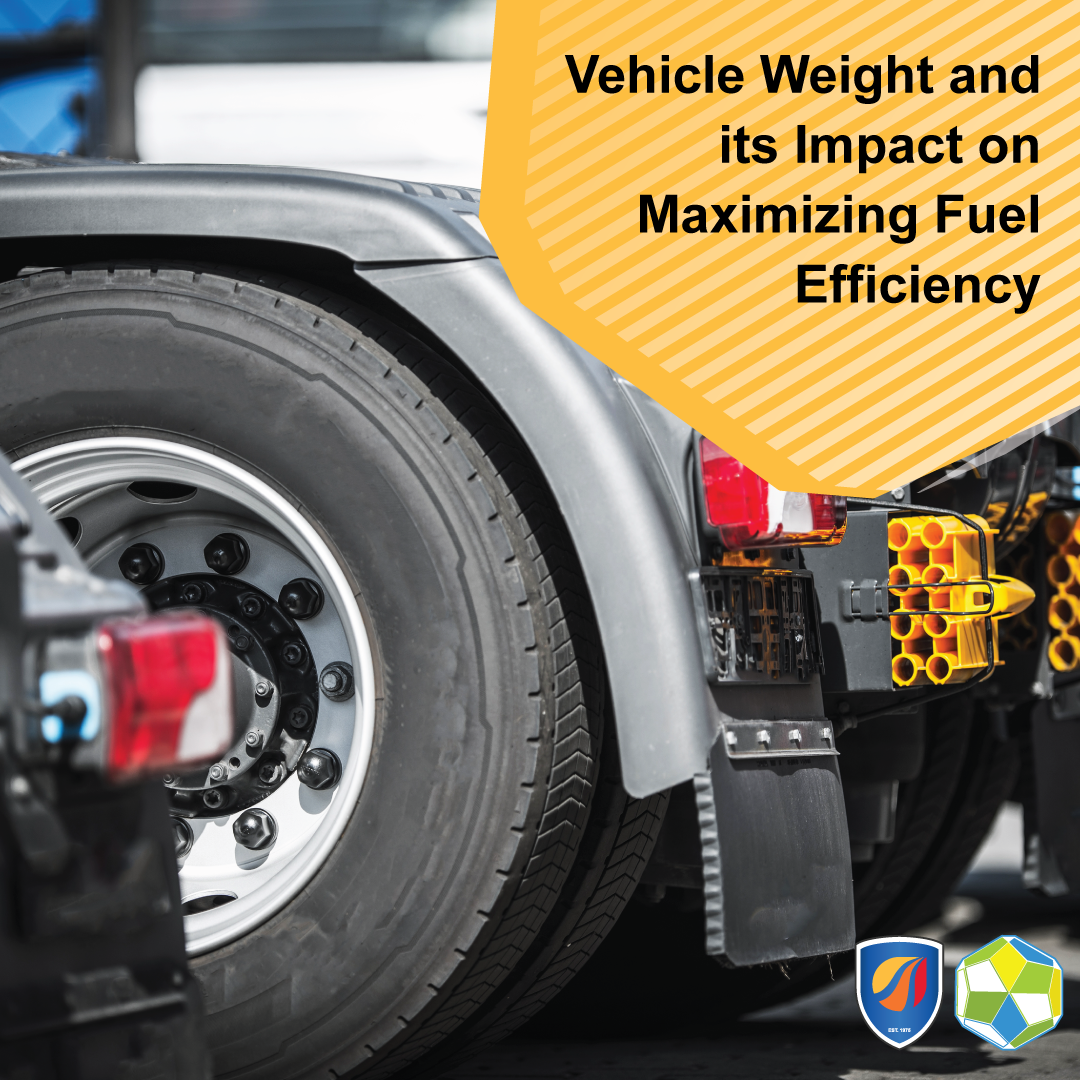 Vehicle weight is a factor that significantly affects you vehicle’s fuel efficiency, especially to our customer in the trucking industry where drivers are hauling heady loads. The relationship between the two is easy: the heavier the vehicle, the more fuel it consumes.
Vehicle weight is a factor that significantly affects you vehicle’s fuel efficiency, especially to our customer in the trucking industry where drivers are hauling heady loads. The relationship between the two is easy: the heavier the vehicle, the more fuel it consumes.
The Physics Behind the Scenes
As mentioned before, a vehicle’s fuel efficiency is determined by the amount of work the engine must do to move the vehicle and maintain its speed. The amount of work required is influenced by the vehicle’s weight. The heavier the vehicle, the harder the engine needs to work to overcome inertia and friction, leading to more consumption. There are basic physics principles, and this is the reason why a vehicle that is stopped requires more fuel to get to a certain speed than a vehicle that is already on the road does to get to the same speed.
According to the U.S. Department of Energy, for every additional 100 pounds a vehicle carries, fuel efficiency can drop by up to 2%. This may not seem like a lot at first, but it adds up over time, especially if you have a bigger fleet. The location of the weight also matters; weight added to the box or far away from the vehicle’s center of gravity requires more work on the engine to move.
Recommendations in Managing Vehicle Weight
Here are three recommendations on how to manage vehicle weight:
- Removing unnecessary weight: checking the vehicle for unnecessary items or items left behind in the box can help reduce the work put on the engine.
- Choosing lighter vehicles: when looking to purchase new vehicles to your fleet, considering their weight is an important factor, since lighter vehicles offer better fuel efficiency.
- Considering vehicle layout: when loading items into the vehicle or box, aiming for an even distribution of the weight is the best way to go.
There are several factors to consider improving fuel efficiency but being mindful of such an important factor as vehicle weight, and taking steps to improve it, can optimize your fuel use and reduce your fuel expenses.
At the end of the day, every pound counts and every gallon of fuel saved is good for your expenses and the environment.
Check out this brochure from the U.S. Department of Energy where they share fuel saving tips!
